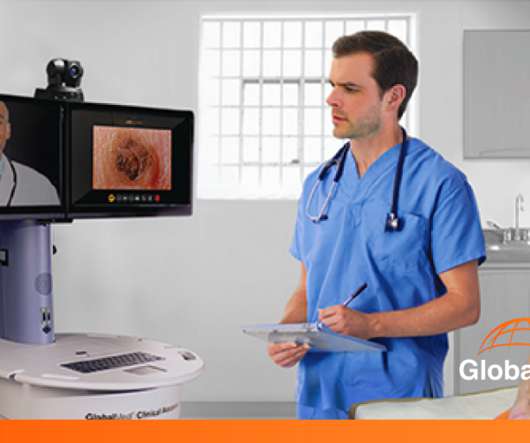Exploring the Benefits of Remote Care for Skilled Nursing Facilities
care innovations
OCTOBER 31, 2018
A new report published in McKnight's Long Term Care News explores the connection between remote care and skilled nursing facilities, and how the application of the former can contribute to the success of the latter. This, in turn, enables care teams “to work together to track decline or progress,” Li notes. memory care.














Let's personalize your content